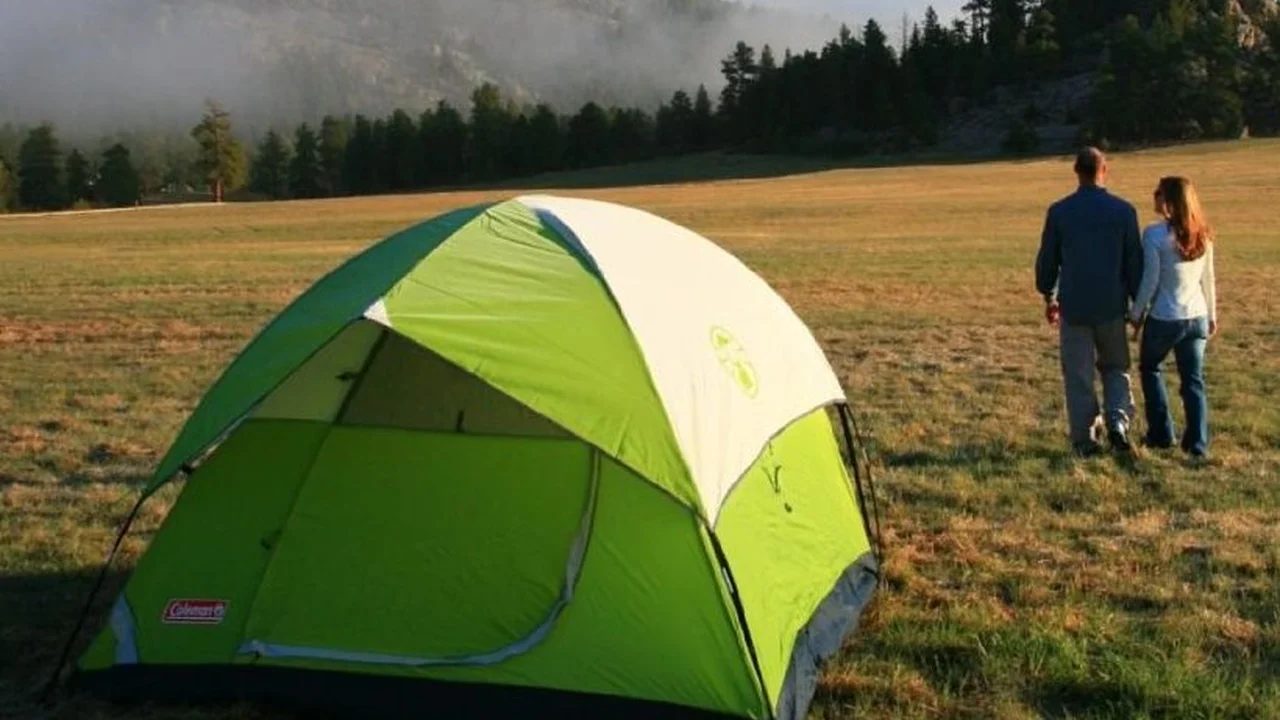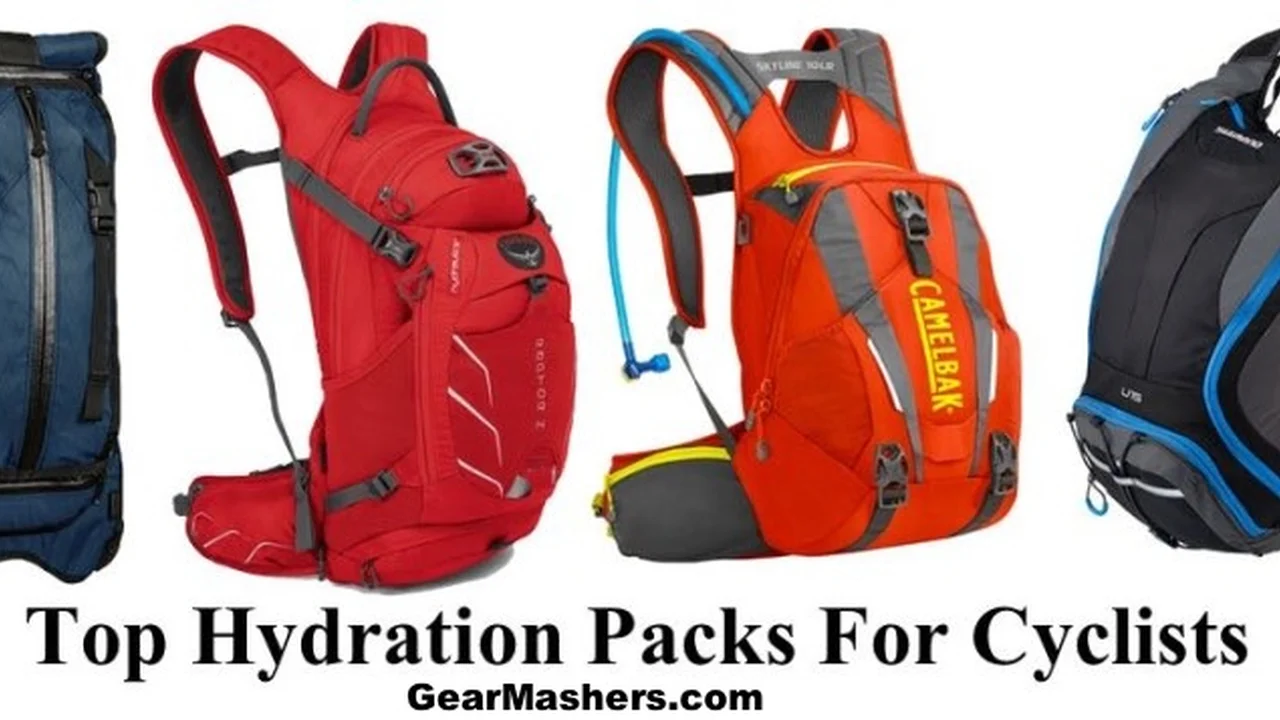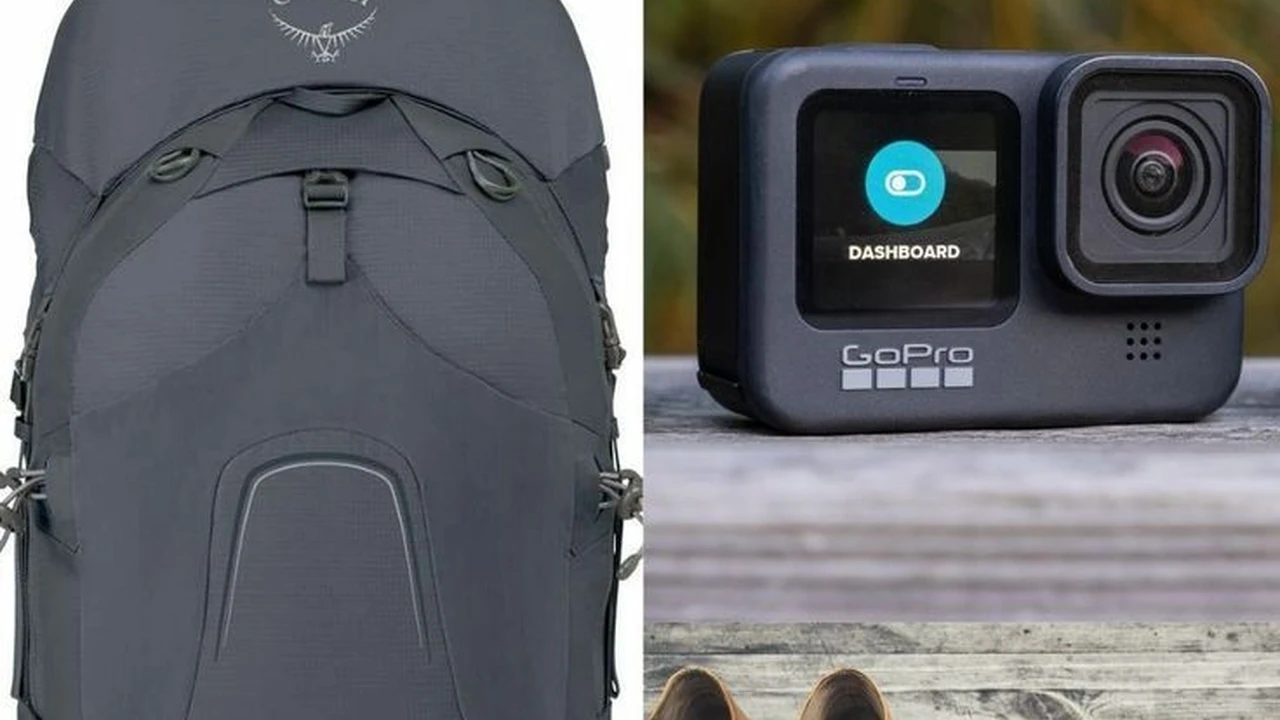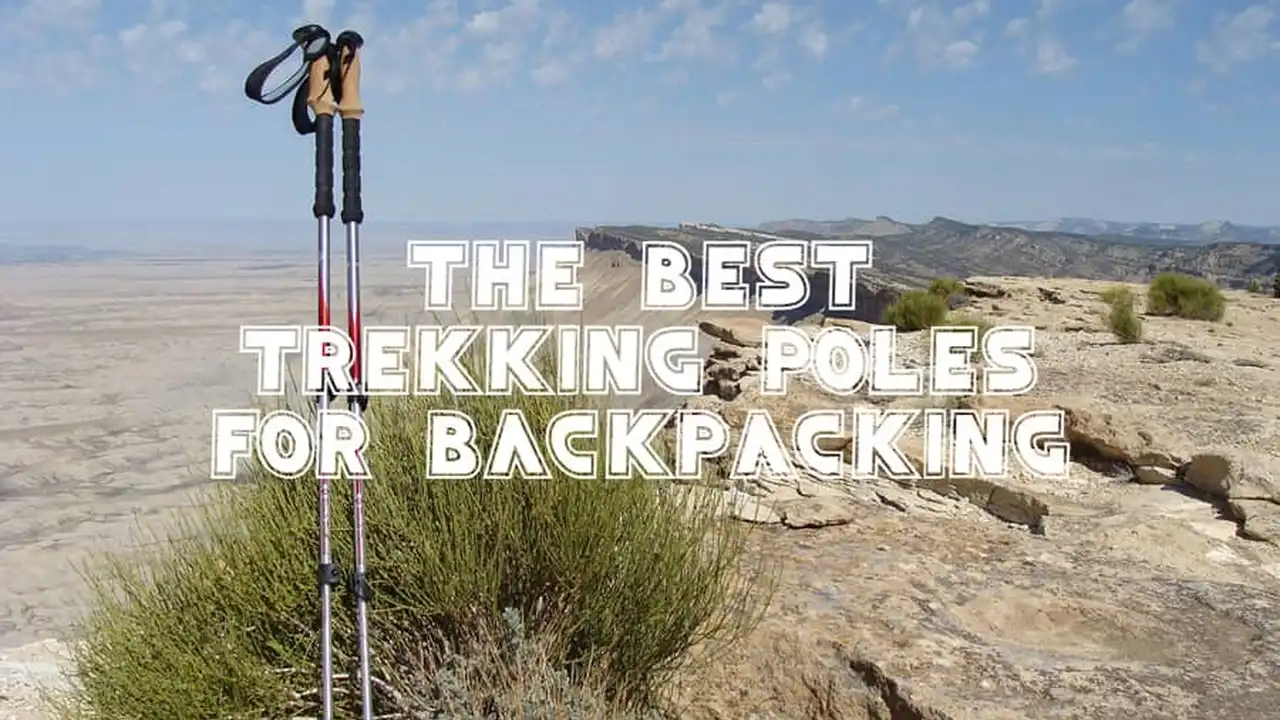7 Best US National Parks for Backpacking
Discover the top 7 US National Parks perfect for backpacking adventures. Explore stunning landscapes, diverse trails, and unforgettable experiences. Plan your next budget-friendly outdoor escape with our comprehensive guide.
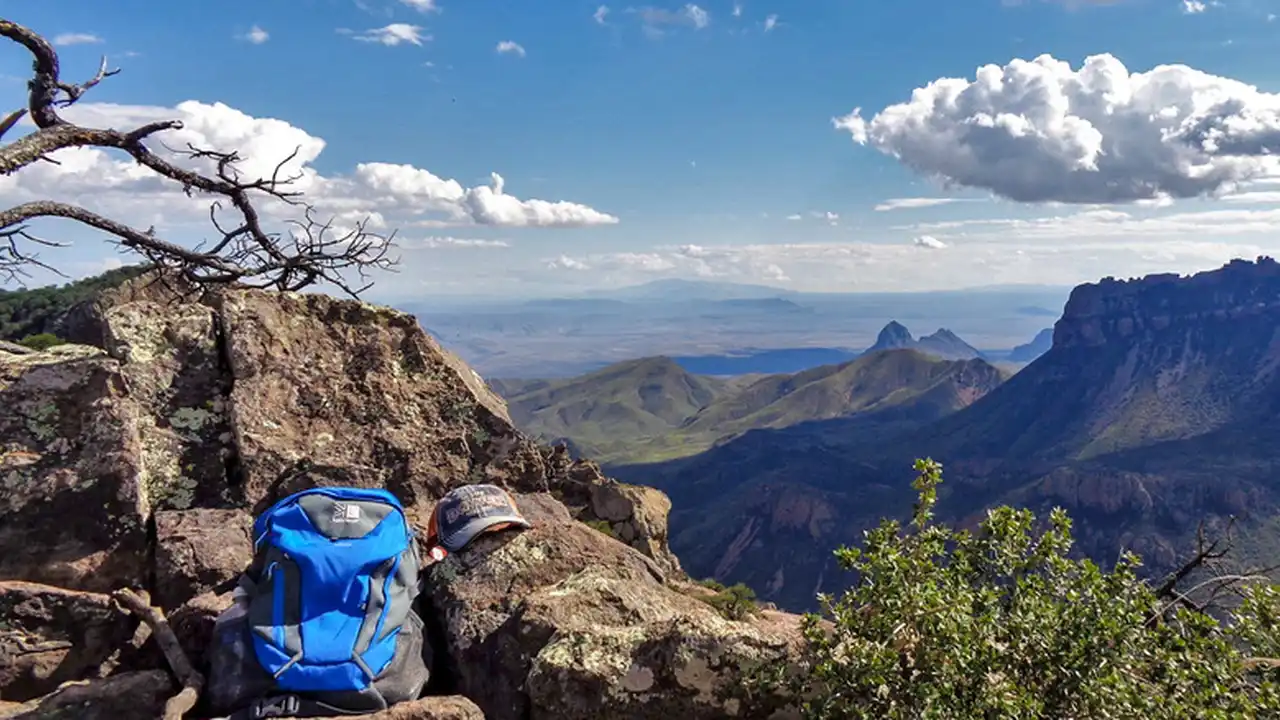
Backpacking in US National Parks: An Overview
So, you're itching for a backpacking trip in the US, huh? Good choice! The US National Parks offer some of the most breathtaking landscapes and diverse trails in the world. From towering mountains to lush forests and arid deserts, there’s a park for every type of explorer. But with so many options, where do you even start? That's where we come in! We've compiled a list of the 7 best US National Parks for backpacking, perfect for young explorers on a budget. Get ready to lace up those boots and hit the trail!
Choosing the Right National Park for Your Backpacking Adventure
Before diving into our top picks, let's talk about what makes a National Park ideal for backpacking. Key factors include trail availability, permitting requirements, accessibility, scenery, and, of course, affordability. We've considered all these aspects to bring you a diverse selection of parks that offer incredible backpacking experiences without breaking the bank.
#1 Grand Canyon National Park: Arizona Backpacking Trails
The Grand Canyon. Need we say more? This iconic landmark offers incredible backpacking opportunities, but it's not for the faint of heart. The heat can be brutal, and water sources are limited, so proper planning is essential. But the rewards are immense: unparalleled views, challenging trails, and a truly unforgettable experience.
Grand Canyon Backpacking Permits and Regulations
Permits are required for all overnight backpacking trips in the Grand Canyon and are highly competitive. Reserve well in advance! The National Park Service website has detailed information on the application process and regulations.
Recommended Grand Canyon Backpacking Trail: Bright Angel Trail
The Bright Angel Trail is a classic Grand Canyon backpacking route. It's steep and challenging, but the views are spectacular. Plan for at least two days to hike to the Colorado River and back.
#2 Yosemite National Park: California's Backpacking Paradise
Yosemite. Think granite cliffs, giant sequoia trees, and cascading waterfalls. Yosemite is a backpacker's paradise, offering everything from easy strolls to challenging multi-day treks. The park is incredibly popular, so be prepared for crowds and competitive permit applications.
Yosemite Wilderness Permits and Reservations
Wilderness permits are required for all overnight trips into Yosemite's backcountry. Reservations are highly recommended, especially during peak season (summer). You can apply online through the Recreation.gov website.
Recommended Yosemite Backpacking Gear: Osprey Atmos AG 65
For Yosemite, a reliable backpack like the Osprey Atmos AG 65 ($270) is essential. It offers excellent ventilation and load-carrying capacity for multi-day trips. Consider pairing it with a Black Diamond Trail Ergo Cork trekking pole ($140) for steep ascents and descents.
#3 Rocky Mountain National Park: Colorado's Alpine Backpacking
Rocky Mountain National Park boasts stunning alpine scenery, with towering peaks, pristine lakes, and abundant wildlife. The park offers a variety of backpacking trails, from easy lakeside loops to challenging climbs to the summit of Longs Peak.
Rocky Mountain National Park Backpacking Permits and Campsites
Permits are required for all overnight backpacking trips in Rocky Mountain National Park. Reservations can be made online through Recreation.gov. Designated campsites are required in most areas.
Recommended Rocky Mountain National Park Backpacking Trail: Sky Pond
The Sky Pond trail is a stunning hike to a pristine alpine lake, surrounded by towering peaks. It's a challenging but rewarding day hike or overnight backpacking trip.
#4 Olympic National Park: Washington State's Diverse Ecosystems
Olympic National Park is a unique gem, encompassing diverse ecosystems from rainforests to mountains to coastline. Backpacking options range from coastal hikes to rainforest treks to alpine climbs. Be prepared for rain, regardless of the season!
Olympic National Park Wilderness Camping Permits
Wilderness camping permits are required for all overnight stays in the Olympic National Park backcountry. Reservations are recommended, especially for popular areas like the Hoh Rainforest and the coast. Visit the National Park Service website for details.
Recommended Olympic National Park Backpacking Gear: Arc'teryx Beta AR Jacket
Given Olympic National Park's propensity for rain, a high-quality rain jacket like the Arc'teryx Beta AR Jacket ($600) is a must-have. Pair it with waterproof hiking boots such as the Salomon X Ultra 4 Mid GTX ($160) for optimal protection.
#5 Zion National Park: Utah's Canyon Adventures
Zion National Park is famous for its stunning canyon scenery, with towering sandstone cliffs and the Virgin River flowing through the heart of the park. Backpacking opportunities include hiking the iconic Narrows (wading through the river) and exploring the more remote backcountry.
Zion National Park Wilderness Permits and Regulations
Permits are required for all overnight backpacking trips in Zion National Park. The permit process is competitive, so apply well in advance. Be aware of flash flood risks in the canyons.
Recommended Zion National Park Backpacking Trail: The Narrows
Hiking The Narrows is a unique and unforgettable experience. You'll be wading through the Virgin River, surrounded by towering canyon walls. Permits are required for overnight trips.
#6 Acadia National Park: Maine's Coastal Backpacking
Acadia National Park offers a unique blend of coastal scenery, granite peaks, and lush forests. Backpacking options include coastal trails, mountain climbs, and lakeside camping. The park is relatively small, making it easy to explore in a short amount of time.
Acadia National Park Camping Reservations
Camping is only allowed at designated campgrounds in Acadia National Park. Reservations are highly recommended, especially during peak season (summer and fall). You can book online through Recreation.gov.
Recommended Acadia National Park Backpacking Gear: Sawyer Squeeze Water Filter
While water sources are generally plentiful in Acadia, a reliable water filter like the Sawyer Squeeze ($30) is always a good idea. Additionally, consider a lightweight tent like the Big Agnes Copper Spur HV UL2 ($450) for comfortable shelter.
#7 Great Smoky Mountains National Park: Tennessee & North Carolina's Lush Forests
Great Smoky Mountains National Park is known for its lush forests, abundant wildlife, and rich cultural history. Backpacking options include hiking sections of the Appalachian Trail and exploring the park's backcountry trails. Be prepared for humid conditions and potential encounters with bears.
Great Smoky Mountains National Park Backcountry Permits
Backcountry permits are required for all overnight backpacking trips in Great Smoky Mountains National Park. Reservations can be made online through Recreation.gov. Bear canisters are required in some areas.
Recommended Great Smoky Mountains National Park Backpacking Trail: Appalachian Trail Section Hike
Hiking a section of the Appalachian Trail through the Smokies is a classic backpacking experience. The trail offers challenging climbs, stunning views, and the opportunity to immerse yourself in the park's natural beauty.
Essential Backpacking Gear Recommendations
No matter which park you choose, having the right gear is crucial. Here are a few essential items to consider:
- Backpack: A comfortable and well-fitting backpack is essential for carrying all your gear. Consider the length of your trip and the amount of gear you need to carry when choosing a pack size.
- Tent: A lightweight and durable tent will provide shelter from the elements.
- Sleeping Bag: Choose a sleeping bag that is rated for the temperatures you expect to encounter on your trip.
- Sleeping Pad: A sleeping pad will provide insulation and cushioning for a comfortable night's sleep.
- Cooking System: A backpacking stove and cooking pot will allow you to prepare hot meals on the trail.
- Water Filter or Purifier: Access to clean water is essential for survival.
- Navigation Tools: A map and compass (and the ability to use them) are essential for navigating in the backcountry. A GPS device can also be helpful.
- First-Aid Kit: A well-stocked first-aid kit is essential for dealing with minor injuries and illnesses.
- Headlamp or Flashlight: A headlamp or flashlight is essential for navigating in the dark.
- Appropriate Clothing: Dress in layers to adapt to changing weather conditions.
Backpacking Budgeting Tips for Young Explorers
Backpacking doesn't have to be expensive. Here are a few tips for saving money on your trip:
- Cook your own meals: Eating out can quickly drain your budget. Pack your own food and cook your own meals on the trail.
- Camp in designated campgrounds: Camping in designated campgrounds is typically cheaper than staying in hotels or hostels.
- Take advantage of free activities: Many National Parks offer free activities, such as hiking, ranger programs, and stargazing.
- Travel during the off-season: Traveling during the off-season can save you money on flights, accommodation, and activities.
- Share costs with friends: Traveling with friends can help you split the costs of transportation, accommodation, and food.
:max_bytes(150000):strip_icc()/277019-baked-pork-chops-with-cream-of-mushroom-soup-DDMFS-beauty-4x3-BG-7505-5762b731cf30447d9cbbbbbf387beafa.jpg)



